We Specialize in a Range of Cardiology Services
Below are just some of the cardiology areas that we specialize in. Included is Nuclear Cardiology, Echocardiography, Treadmill Stress Test, Holter Monitor, and Pacemakers. Please contact our office for additional services and information. You may click the quick links below for the various types of services or continue reading down this page.
Clinical Services
- Cardiac Stress Testing
- Echocardiography / Stress Echocardiogram
- Nuclear Myocardial Perfusion Scan
- Electrocardiogram (EKG)
- Electrophysiology
- Holter Monitoring
- ABI
- Office Consultations
- Peripheral Vascular Studies
- Remote Patient Monitoring
- Second Opinions (review of medical records)
- Vein Clinic
Interventional Services
- Cardiac Catheterization (Angiogram)
- Periphral Angiograms
- Carotid Angiograms
- Coronary Angioplasty
- Peripheral Angioplasty
- Transesophageal Echocardiogram (TEE) and Intracardiac ECHO (ICE)
- Venous Ablations and Sclerotherapy
Electrophysiology Services
- Device follow-up clinic
- Implantable Loop Recorders (ILR)
- Pacemaker and Defibrillator
- Cardioversions
- Cardiac Ablation
Vein Clinic
We are excited to announce the addition of our Vein Clinic to the Imperial Cardiac Center medical practice.
While vein disease is very common, the type and severity can vary. Understanding vein disease is a first step towards seeking treatment. Veins are thin-walled structures inside of which are valves that keep blood in the body flowing in one direction to return oxygen depleted blood back to the heart. Veins located close to the surface of the skin are called superficial veins and the veins found in the muscles of the arms and legs are called deep veins.
Damaged vein walls hinder the circulatory system, allowing blood to collect and flow in a retrograde (backward) fashion when the muscles relax. This pressure creates a buildup in the veins resulting in stretching and twisting of the veins, increased swelling, more valve incompetence, sluggish blood flow and potential blood clot formation. Eventually, this condition can lead to various disorders, some of which may be life-threatening if left untreated.
-
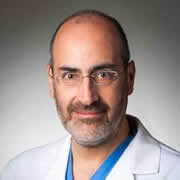
Sam Baradarian, MD
-
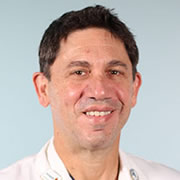
Steve Gottsfeld, PA
- Vericose and Spider veins
- Chronic venous insufficiency (CVI)
- Ulcers
- Restless leg syndrome
- Leg swelling
- Leg cramps
- Leg heaviness
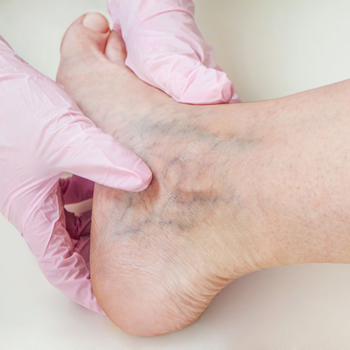
Several nonsurgical and surgical treatment options may be available for each of these types of vein diseases, with the goal to reduce symptoms and reduce the risk of complications.
Contact our office for more information, or to schedule an evaluation by calling (760) 355-8300 or via email at
Clinical Services
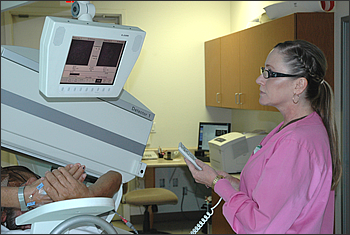
Nuclear Myocardial Perfusion Scan
A cardiac (heart) nuclear study is a test that uses a small dose of radioactive solution to track blood flow to the heart muscle, and to evaluate heart function.
We offer additional information on Nuclear Cardiology here.
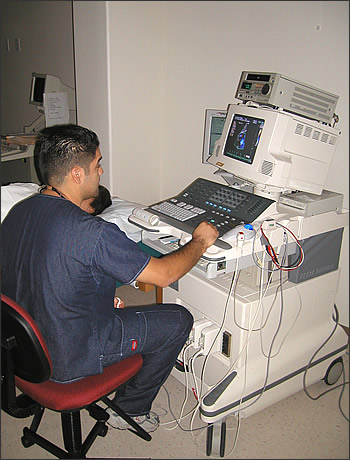
Echocardiography
An echocardiogram (echo) is a type of ultrasound examination that uses high-pitched sound waves sent through a device called a transducer to produce an image of the heart and sometimes the aorta.
An echocardiogram measures how well the heart is working by evaluating blood flow, heart valves, and heart size, thickness, shape, and muscle movement.
To see an Echocardiogram video click here.
Or, you may download an Adobe Acrobat (PDF) document with Echocardiogram information (below).
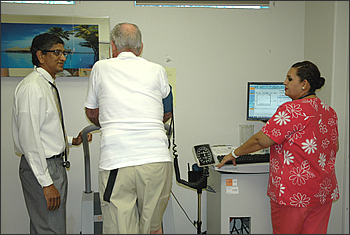
Treadmill Stress Test
Stress echocardiogram, in which the echocardiogram is done before and after the heart is stressed by exercise or medicine.
For more information on Treadmill Stress Tests, you can view videos on Adenosine Stress Test and Stress Echocardiogram by clicking these links.
Or, you may download an Adobe Acrobat (PDF) document with Treadmill Stress Test information (below).
![]() Treadmill Stress Test information
Treadmill Stress Test information
![]() Patient
Procedure Preparation Information (in English and Spanish)
Patient
Procedure Preparation Information (in English and Spanish)
Interventional Services
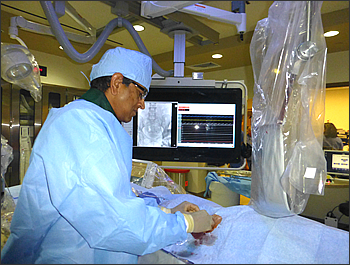
Cardiac Catheterization
Cardiac catheterization is a medical procedure we perform to diagnose and treat certain heart conditions.
A long, thin, flexible tube called a catheter is put into a blood vessel in your arm, groin (upper thigh), or neck and threaded to your heart. Through the catheter, your doctor can perform diagnostic tests and treatments on your heart.
We have additional information on Cardiac catheterization here.
